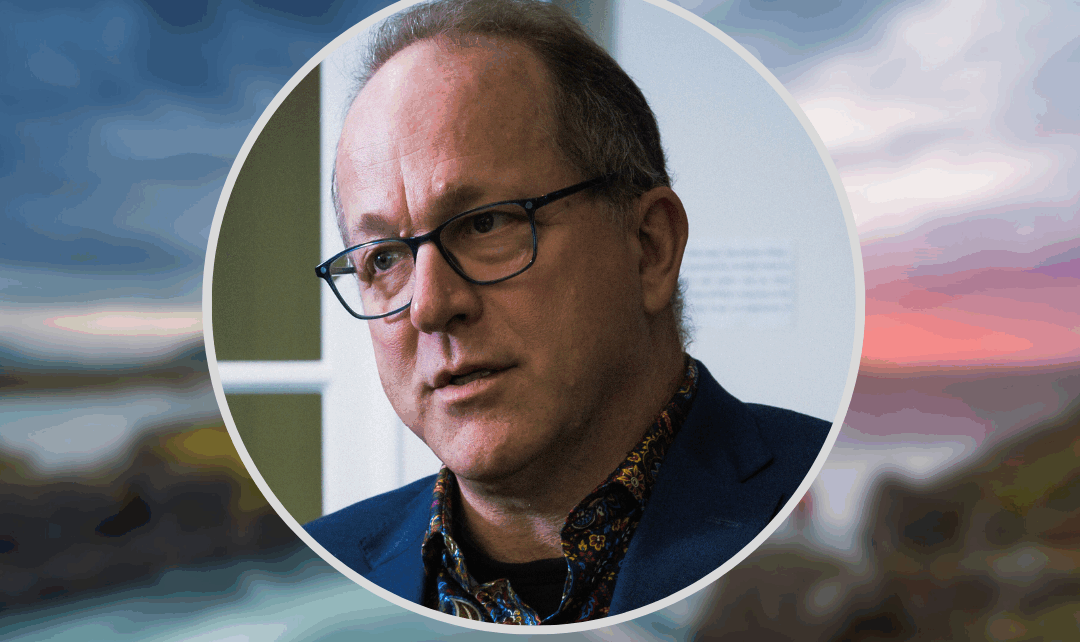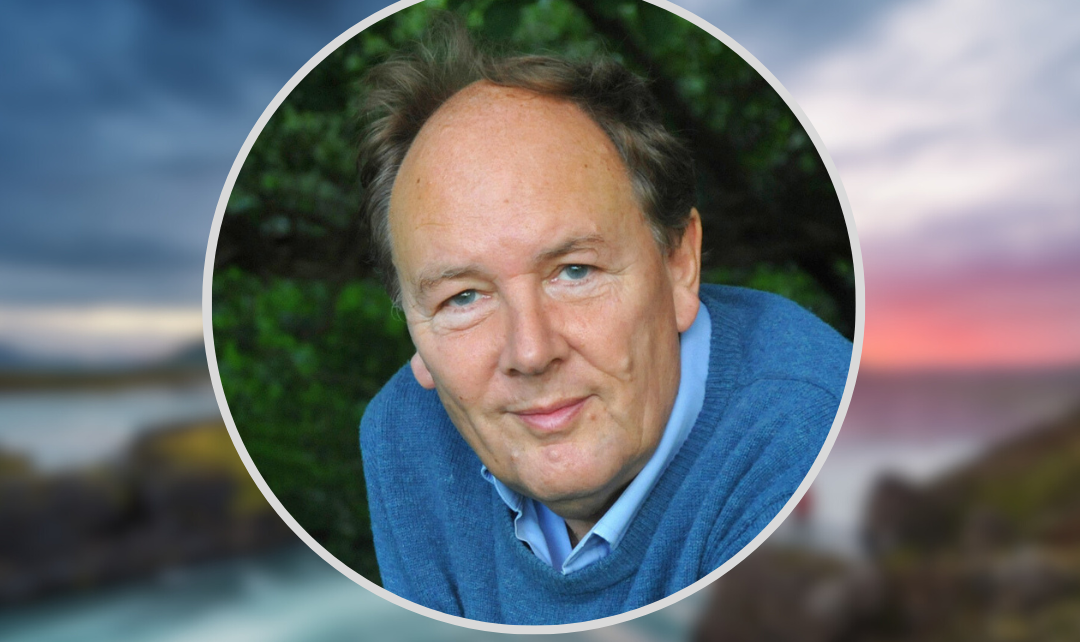David Germano and Michael Sheehy join Andrew Holecek to discuss the history, diversity, and modern relevance of dark retreats in Tibetan Buddhism. The speakers discuss the two main streams of dark retreat practices – the Kalachakra tradition and the Dzogchen tradition – and how they differ in their approaches and interpretations.
The conversation also explores the traditional secrecy surrounding these practices, the reasons for it, and the challenges of appropriately translating and adapting them for a modern, Western audience. The speakers emphasize the importance of understanding the cultural and environmental factors that shape these practices, as well as the need for caution and humility when engaging with them as outsiders.
Finally, the speakers provide advice for those interested in exploring dark retreats, emphasizing the importance of sincerity, self-awareness, and gradually building up experience with darkness and contemplative practices. They also discuss the potential of dark retreats as a powerful tool for personal transformation and healing, particularly in addressing the challenges of the modern “dark age.”
About David Germano –
From Virginia.edu: In addition to teaching in the University of Virginia’s Department of Religious Studies, where he has advised many doctoral students since 1992, David Germano is director of the Tibet Center (www.uvatibetcenter.org), director of the Contemplative Sciences Center (www.uvacontemplation.org), and director of SHANTI (Sciences, Humanities, and the Arts Network of Technological Initiatives, https://dh.virginia.edu/organization/shanti) at the University of Virginia. He also is the founder and director of the Tibetan and Himalayan Library (THL, www.thlib.org), the largest international initiative using digital technology to facilitate collaboration in Tibetan Studies across disciplines.
His personal research interests are focused on the Nyingma and Bön lineages of Tibetan Buddhism, tantric traditions overall, Buddhist philosophy, and Tibetan historical literature and concerns, particularly from the eighth to fifteenth centuries. He also does research on the contemporary state of Tibetan religion in relationship to China, and non-monastic yogic communities in cultural Tibet, and has broad intellectual interests in international philosophical and literary traditions, including hermeneutics, phenomenology, literary criticism, systems theory, and so forth.
About Michael Sheehy –
Michael R. Sheehy, Ph.D., is a Research Associate Professor and the Director of Research at the Contemplative Sciences Center at the University of Virginia. He is a meditation researcher and founding director of the CIRCL Contemplative Innovation + Research Co-Lab, a transdisciplinary experimental hub that studies contemplation in bodies and minds, cultures and ecologies, and intersubjectively. He is Editor-in-Chief of the Journal of Contemplative Studies (JCS), a peer-reviewed open access journal that publishes original scholarship on diverse forms of contemplation. He is an Associate Professor of Religious Studies by courtesy and a faculty affiliate at the UVA Tibet Center.
Michael studies how meditation works – specifically, how the generative, dynamic, and ever-evolving processes of contemplation advance our understanding of being human and enhancing life. His research gives attention to historical contemplative practices in dialogue with contemporary discourses in the humanities, cultural psychology, and the cognitive sciences. In the CIRCL lab, their research investigates practices and experiences of contemplation through myriad lenses, including cultural, historical, phenomenological, and neurophysiological.
For three years, Michael trained with scholars and meditation adepts in a Buddhist monastery in far eastern Tibet, and for twelve years, he worked in the field with monastic communities across the plateau to preserve rare Tibetan manuscripts. Over the past decade, he has collaborated with scientists on interdisciplinary research to illuminate the operations of distinct contemplative practices. As a Visiting Scholar at Harvard Divinity School his research focused on strategies to interface philosophical and first-person knowledge from contemplative traditions with neuroscience. At the Mind & Life Institute, he facilitated interdisciplinary and intercultural dialogues including Mind & Life Dialogues XXXII in Botswana and XXXIII in India with His Holiness the Dalai Lama. He is a lifelong honorary Mind & Life Research Fellow and co-chair of the Contemplative Studies unit at the American Academy of Religion. His work has been featured in Psyche magazine and National Geographic.
Michael has authored more than two dozen articles on topics ranging from models of mind to cognitive illusion and lucid dreaming to mindfulness and nondual meditation. He is coeditor of The Other Emptiness: Rethinking the Zhentong Buddhist Discourse in Tibet (2019), and author of a forthcoming book on the little-known Jonang tradition of Tibetan Buddhism. His current book project weaves practices of attention, imagination, and embodiment from historical Tibetan meditation manuals into conversation with philosophy of mind, cultural psychology, health sciences, and neuroscience. With the University of Virginia Press, he coedits two book series, Varieties of Contemplative Experience and Traditions and Transformations in Tibetan Buddhism.
Personal website: https://michaelrsheehy.com/
CSC website: https://csc.virginia.edu/people/michael-sheehy
Religious Studies website: https://religiousstudies.as.virginia.edu/michael-sheehy
Email: sheehy@virginia.edu
Dark retreats in Tibetan Buddhism, their history and diversity.
Ancient and medieval practices of meditation in dark caves and underground spaces for spiritual transformation.
Tibetan Buddhist meditation secrecy and its functions.
Secrecy and access to traditional meditation practices, with a focus on cultural and environmental factors shaping the practice.
Dark retreats and their purpose in spiritual practices.
Preserving and contextualizing esoteric traditions for modern audiences.
Preserving Tibetan Buddhist traditions and making knowledge accessible to a wider audience.
Meditation practices in Tibetan Buddhism, focusing on dark retreats.
Tibetan Buddhism’s dark retreat and generative principles for contemplative practices.
Adapting Tibetan Buddhist practices for modern times.
Contemplation practices and their outcomes, including insights and transformations, with a focus on the importance of understanding the context and experiences involved.
Cross-cultural exchange and mutual benefit in spiritual practices.
Tibetan meditation practices and their application in modern life.
Tibetan dark retreat practices for personal growth and healing.
Navigating darkness through contemplative life skills and unpredictable experiences.
Meditation practices and their significance in personal growth.
Dark retreats and their benefits, including increased lucid dreaming and self-awareness.





